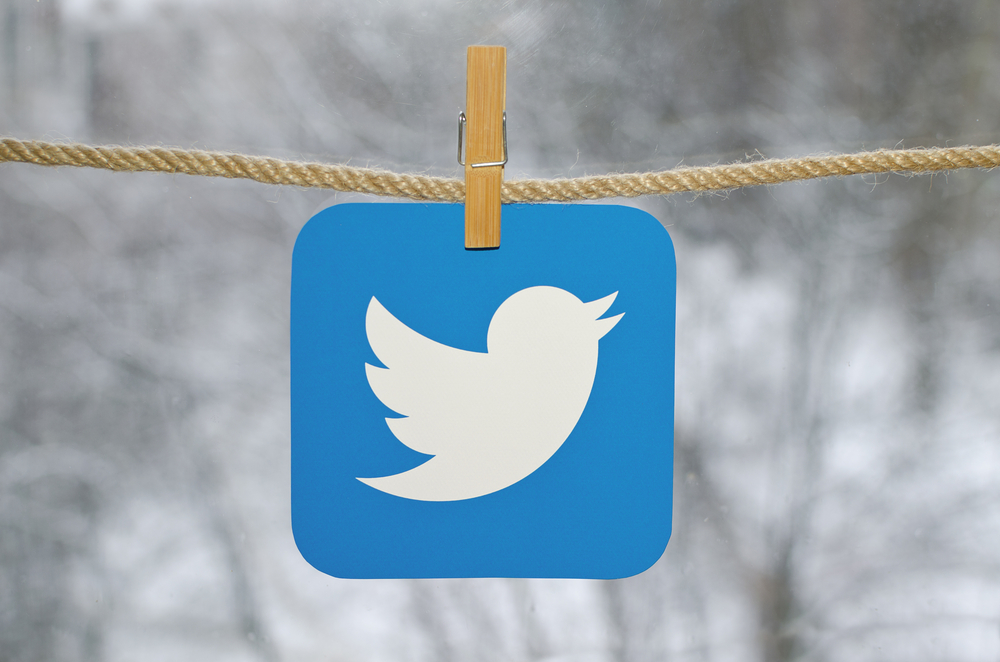Can you survive a lack of tweets?
The large scale Denial of Service attack yesterday brought social networking to its knees, but how did you, your social life and your business cope? Better than you feared I bet.


COMMENT: It appears social networks have really got up someone's nose as a full blown Denial of Service (DoS) attack was yesterday launched against two of the most popular sites.
Not only did the Facebook and Twitter feel the burn but smaller sites like LiveJournal were reportedly caught in the fire too.
Users were thrown into disarray as they were unable to use some of their most treasured websites, but was our reaction to losing the ability to tweet or poke exaggerated or has this just proved how important social networking is to our lives?
The first question raised was who would want to do it? Normally a DoS attack is focused on credit card companies or businesses that people have a grudge against or are in competition with, often blackmailing the victim site to pay up or face losing money. But Twitter doesn't have a business plan or particular microblogging rivals, excluding the Facebook status updates - but they went down in the storm as well.
Security analysts have said this attack could have been executed by a well organised group or one guy bored in his bedroom.
In attacking the sites, whoever was responsible brought to a halt some of our business and personal lives. OK, it may not be a tragedy to not be able to post what we were having at lunchtime but a lot of businesses regularly use tweets to send out their message, be it a launch of a new product, a bug fix, or in O2's case notifying everyone that the data network is down again.
However many were treating it like the end of the world, as if not knowing what Stephen Fry's new haircut looked like would write off their entire day.
Sign up today and you will receive a free copy of our Future Focus 2025 report - the leading guidance on AI, cybersecurity and other IT challenges as per 700+ senior executives
There is no denying that sites like Twitter and Facebook have changed our day-to-day lives and, in many cases, most likely improved them. They are great ways of getting our opinions, articles or products out into the internet ether and attract a lot of responses. But this is still a relatively new process.
Losing these sites for an hour or so has not brought your business to its knees or killed your social life for that matter. In many cases, I think it has actually done the opposite. These tools are brilliant for the enterprise to spread their wares, the SMB to get some free publicity or the journalist to try and get people to read her stories. But people still come to your business, read your stories regardless, albeit maybe a few less.
By all means, everyone breathe their little sigh of relief. You can tweet again! But don't let an hour bring you down like the site. There are other ways to communicate with people, be they customers or friends.
But if you are still hopelessly addicted to Twitter, don't forget to follow IT PRO.
Jennifer Scott is a former freelance journalist and currently political reporter for Sky News. She has a varied writing history, having started her career at Dennis Publishing, working in various roles across its business technology titles, including ITPro. Jennifer has specialised in a number of areas over the years and has produced a wealth of content for ITPro, focusing largely on data storage, networking, cloud computing, and telecommunications.
Most recently Jennifer has turned her skills to the political sphere and broadcast journalism, where she has worked for the BBC as a political reporter, before moving to Sky News.
-
 I couldn’t escape the iPhone 17 Pro this year – and it’s about time we redefined business phones
I couldn’t escape the iPhone 17 Pro this year – and it’s about time we redefined business phonesOpinion ITPro is back on smartphone reviews, as they grow more and more intertwined with our work-life balance
-
 When everything connects, everything’s at risk
When everything connects, everything’s at riskIndustry Insights Growing IoT complexity demands dynamic, automated security for visibility, compliance, and resilience
-
 Who owns the data used to train AI?
Who owns the data used to train AI?Analysis Elon Musk says he owns it – but Twitter’s terms and conditions suggest otherwise
-
 Meta to pay $725 million in Cambridge Analytica lawsuit settlement
Meta to pay $725 million in Cambridge Analytica lawsuit settlementNews The settlement closes the long-running lawsuit into how Facebook's owner, Meta, handled the Cambridge Analytica scandal
-
 Elon Musk confirms Twitter CEO resignation, allegations of investor influence raised
Elon Musk confirms Twitter CEO resignation, allegations of investor influence raisedNews Questions have surfaced over whether Musk hid the true reason why he was being ousted as Twitter CEO behind a poll in which the majority of users voted for his resignation
-
 Businesses to receive unique Twitter verification badge in platform overhaul
Businesses to receive unique Twitter verification badge in platform overhaulNews There will be new verification systems for businesses, governments, and individuals - each receiving differently coloured checkmarks
-
 Ex-Twitter tech lead says platform's infrastructure can sustain engineering layoffs
Ex-Twitter tech lead says platform's infrastructure can sustain engineering layoffsNews Barring major changes the platform contains the automated systems to keep it afloat, but cuts could weaken failsafes further
-
 ‘Hardcore’ Musk decimates Twitter staff benefits, mandates weekly code reviews
‘Hardcore’ Musk decimates Twitter staff benefits, mandates weekly code reviewsNews The new plans from the CEO have been revealed through a series of leaked internal memos
-
 Twitter could charge $20 a month for 'blue tick' verification, following Musk takeover
Twitter could charge $20 a month for 'blue tick' verification, following Musk takeoverNews Developers have allegedly been given just seven days to implement the changes or face being fired
-
 Meta's earnings are 'cause for concern' and 2023 looks even bleaker
Meta's earnings are 'cause for concern' and 2023 looks even bleakerAnalysis Calls for investor faith in metaverse tech only emphasise the worries that its investment strategy won't pay off
